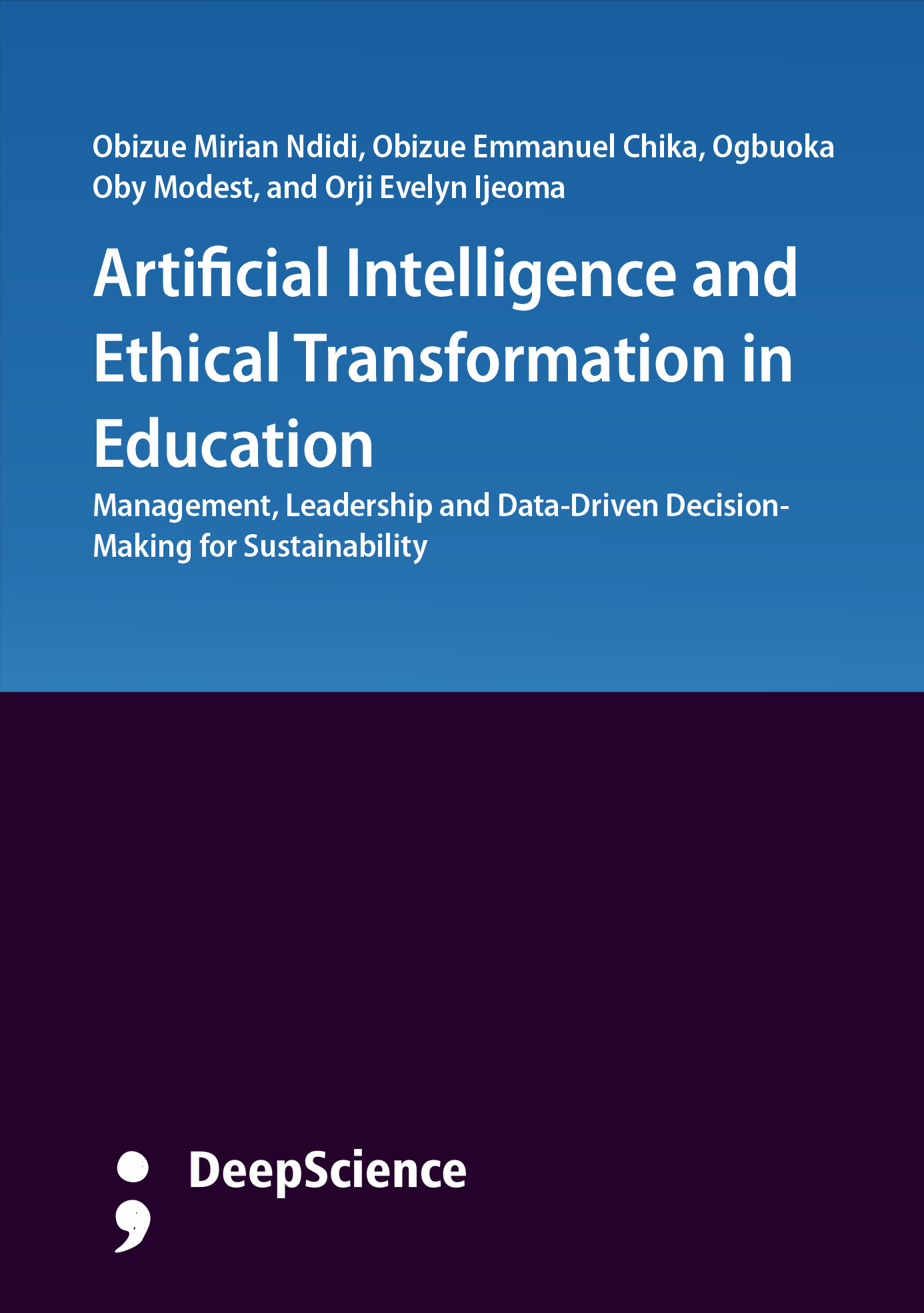Emerging Trends in AI for Educational Leadership and Administration
Synopsis
Artificial intelligence (AI) is creating a new revolution in educational systems today. This chapter includes the most recent studies and empirical research regarding the application of AI in educational environments, specifically in reference to chatbots, intelligent tutoring systems and using predictive analytics as a tool for adaptive learning. By systematically reviewing existing evidence, this article will examine how AI is changing the way educators teach, the level of student satisfaction, the method of assessments and ultimately, educational equity. Importantly, there has been favorable results from the use of AI powered chatbots in math education in terms of increasing student participation and satisfaction; however, the literature also highlights growing diversity and complexity in AI tools used in classrooms. Additionally, the authors critically examine the barriers to the adoption of AI including infrastructural challenges, ethical challenges, and pedagogical challenges, specifically focusing on the impact of AI on teacher roles, student data privacy, and potential systemic inequities. According to the 2023 U.S. Department of Education report referenced throughout this study, the evolving policy environment emphasizes the need for a people first approach that balances innovation, accountability, and inclusion. Overall, this study presents a detailed examination of how AI is shaping the future of education and provides strategic recommendations for teachers, policymakers and technology developers in developing effective and equitable AI integration.













